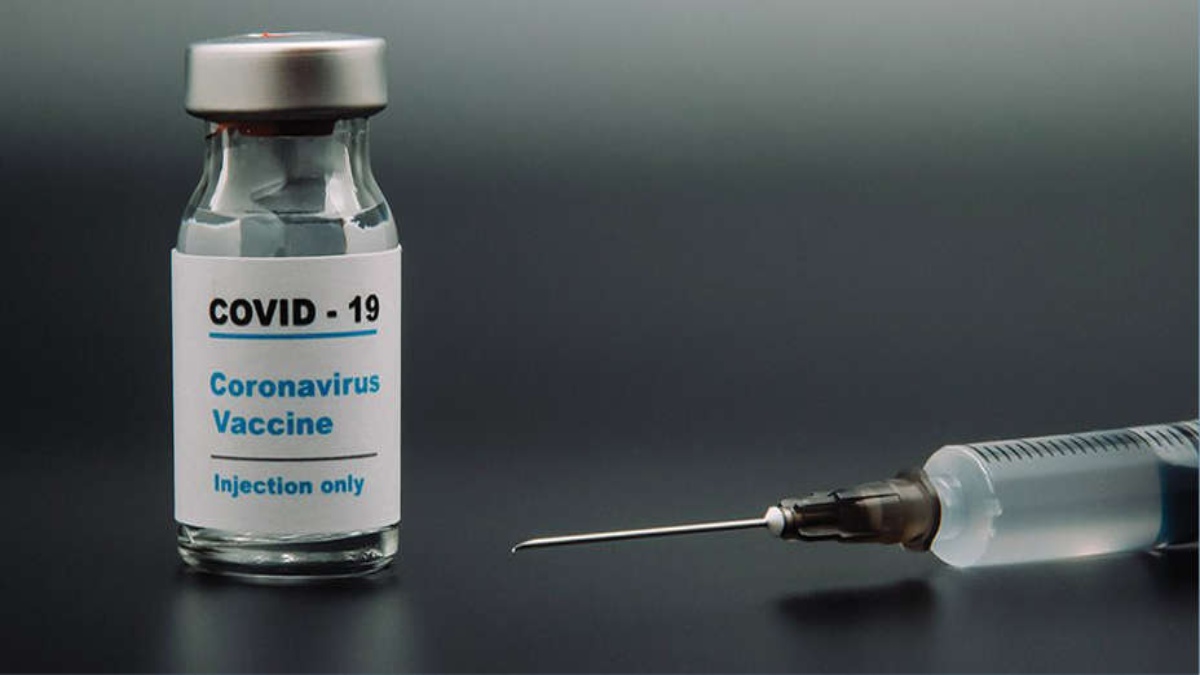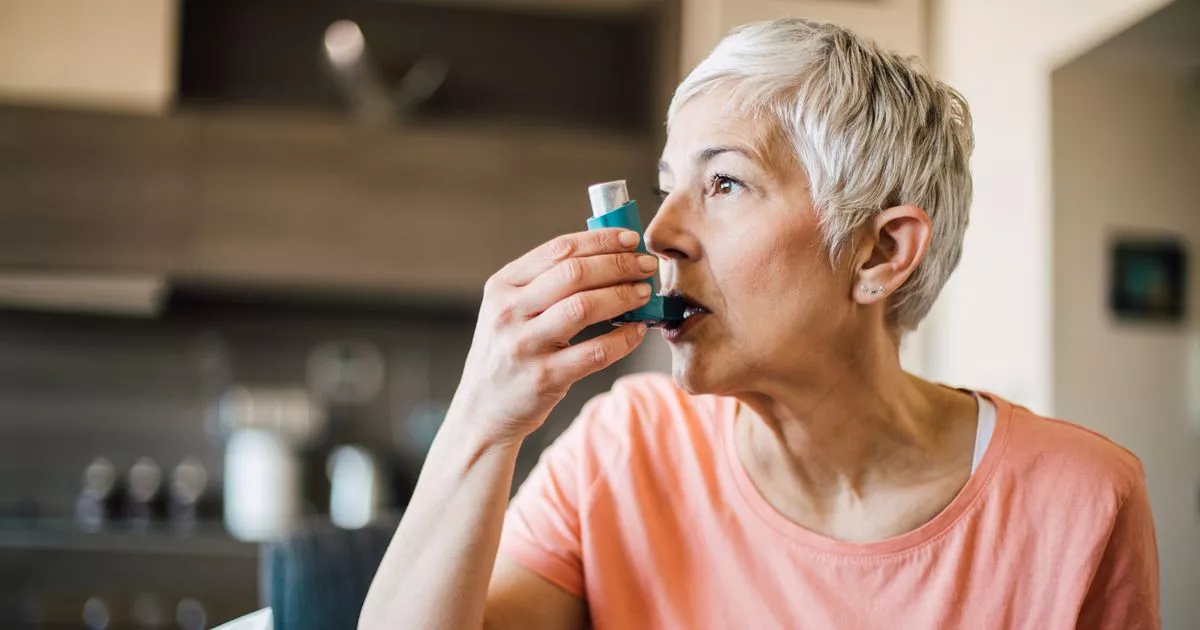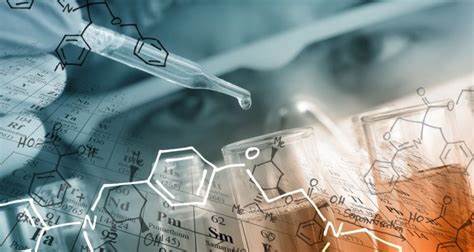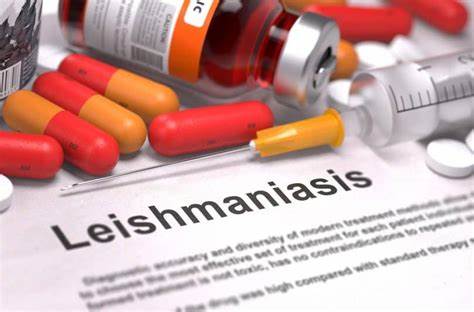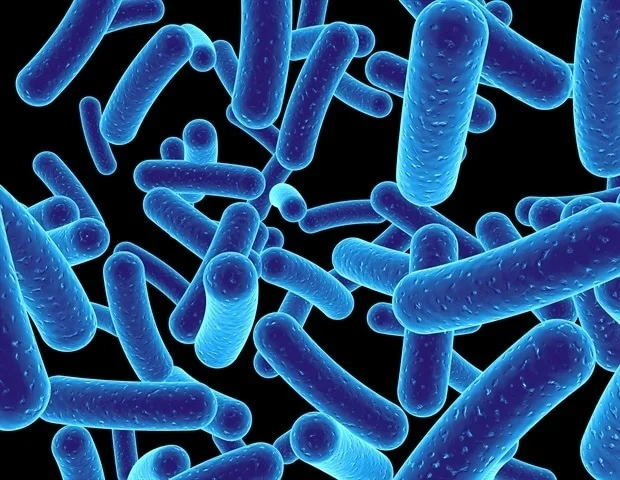Covid-19 has affected over 95 million people worldwide and more than two million people are dead. The immune system plays a critical role in determining the clinical course and outcome of Covid-19 (caused by SARS-CoV-2) infection.
Innate immunity and adaptive immunity are the two major components of the immune system. The innate immune system is the first line of defence that plays an important role in the initial phase of virus infection by producing a number of proteins including interferons, and proinflammatory cytokines. Interferons prevent virus multiplication, whereas proinflammatory cytokines cause beneficial inflammation. However, excessive production of proinflammatory cytokines may result in serious Covid-19 disease and death. On the other hand, the adaptive immune system, the second line of defence, keeps the memory for the virus for a long duration and plays a critical role in defence against coronavirus. Because of this feature of memory, cells of the adaptive immune system respond rapidly and in a more robust manner when re-exposed to the same virus or the booster dose of the vaccine.
The adaptive immune system consists of two major cell types: T cells and B cells, T cells come in several flavours. The killer T cells (CD8) kill virus-infected cells. B cells make antibodies that help neutralise the effect of Covid-19. Individual T cells (Type 1 helper) are required for efficient functions of killer CD8 T cells, and T follicular helper cells for B cells to make antibodies. We have to remember that B cells make both viral neutralising and non-neutralising antibodies. Therefore, the mere presence of coronavirus antibodies may not correlate with clinical outcome of Covid-19. Long-term follow-up studies are needed to answer the question of how long would be Memory T cells and Memory B cells, therefore, how long antibodies would last after coronavirus infection?
Recent studies have shown that coronavirus specific memory B cells and T cells are present in patients who recovered from Covid-19 for at least eight months after the infection. Are antibodies and antibody-secreting B cells alone sufficient to fight Covid-19 infection? The answer is no. Some of the Covid-19 patients with mild symptoms do not have any antibodies. In contrast, severe and critically sick patients with the disease have high levels of antibodies. Furthermore, published international study as well our own study of patients born with a genetic defect of the immune system, in which patient either do not have T cells or B cells or these are dysfunctional do not make antibodies against coronavirus, show that many of these patients had mild disease, and all those admitted to the hospitals have recovered from Covid-19. If antibodies were the sole and critical component of the immune system, we would have observed these patients be critically ill with a high death rate. This would suggest that T cells play an important role in defence against coronavirus.
Current vaccine trials have predominantly tested neutralising antibodies. However, limited data show that vaccines also induce T cell responses. It is critical to study longitudinally for the next two to three years the presence of functionally active coronavirus-specific killer T cells, neutralising antibodies, and memory T and B cells following vaccination. It would be of interest to compare the differences in the induction of effective T and B cells responses including generation of long-term memory T and B cells among different vaccines.
We should remember two factors about mutations and RNA viruses. Mutations are a frequent occurrence with RNA viruses, and mutations do not necessarily induce more serious disease than the original virus. Since the start of the pandemic, Covid-19 must have undergone hundreds of mutations. However, recent mutations (UK strain and possibly, African, Brazilian and others; I would not be surprised if there would be an Indian strain) appear to be more contagious. However, so far there is no evidence to suggest that these mutations are causing more serious Covid-19. Current vaccines should be effective against these mutations.
Would these mutants be more resistant to the immune defences? That is possible; however, these mutant strains have not only to evade B cells (neutralising antibodies) but T cells as well. We should be optimistic about current and future vaccines that they would induce strong and durable T and B cell responses to be effective against various mutants of Covid-19.
The writer is a professor of medicine and microbiology at the University of California.

